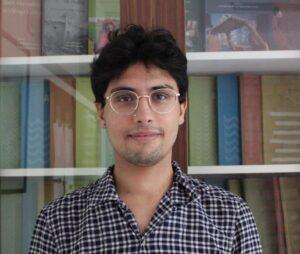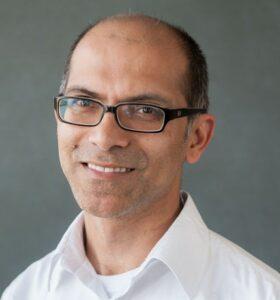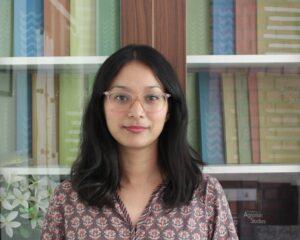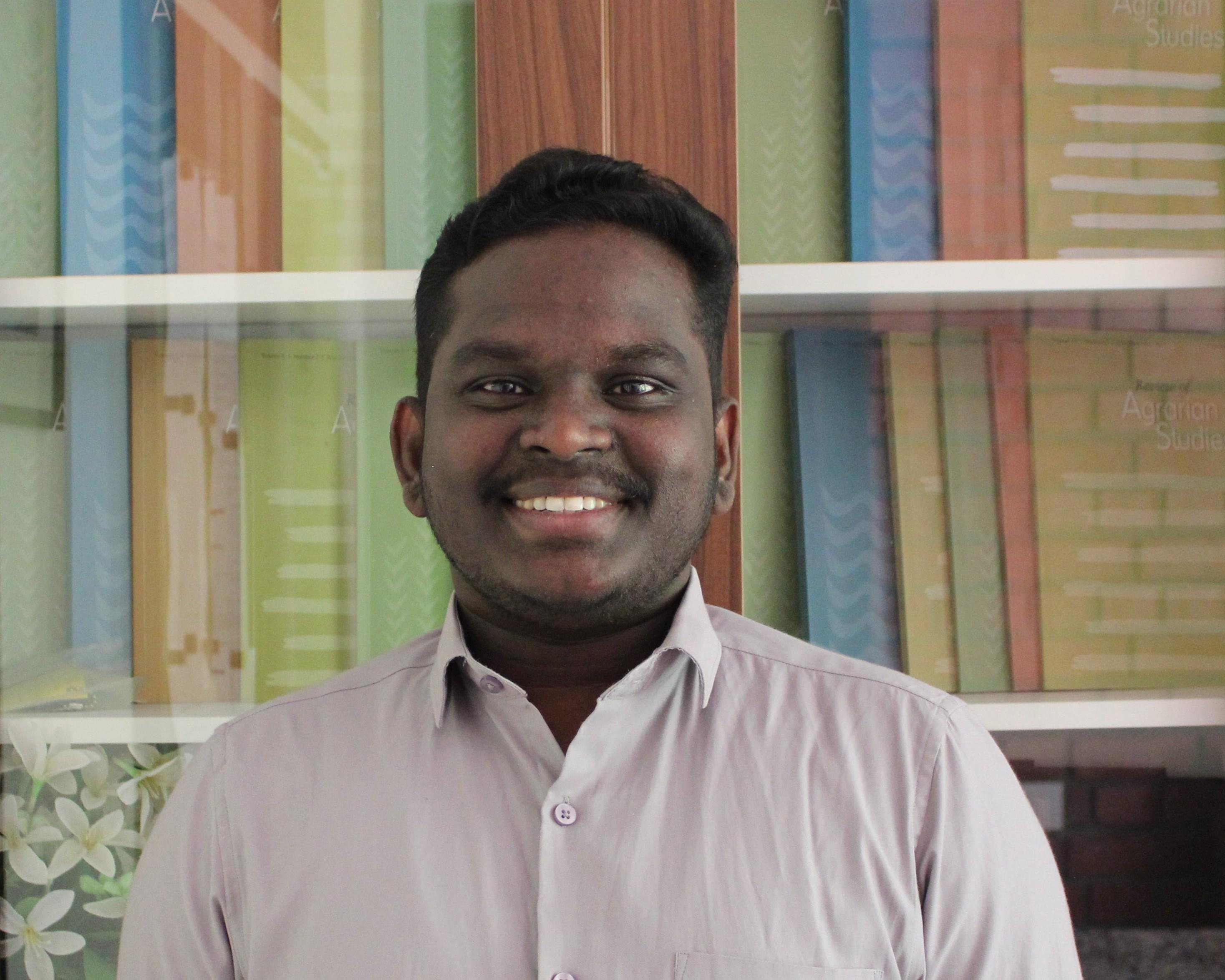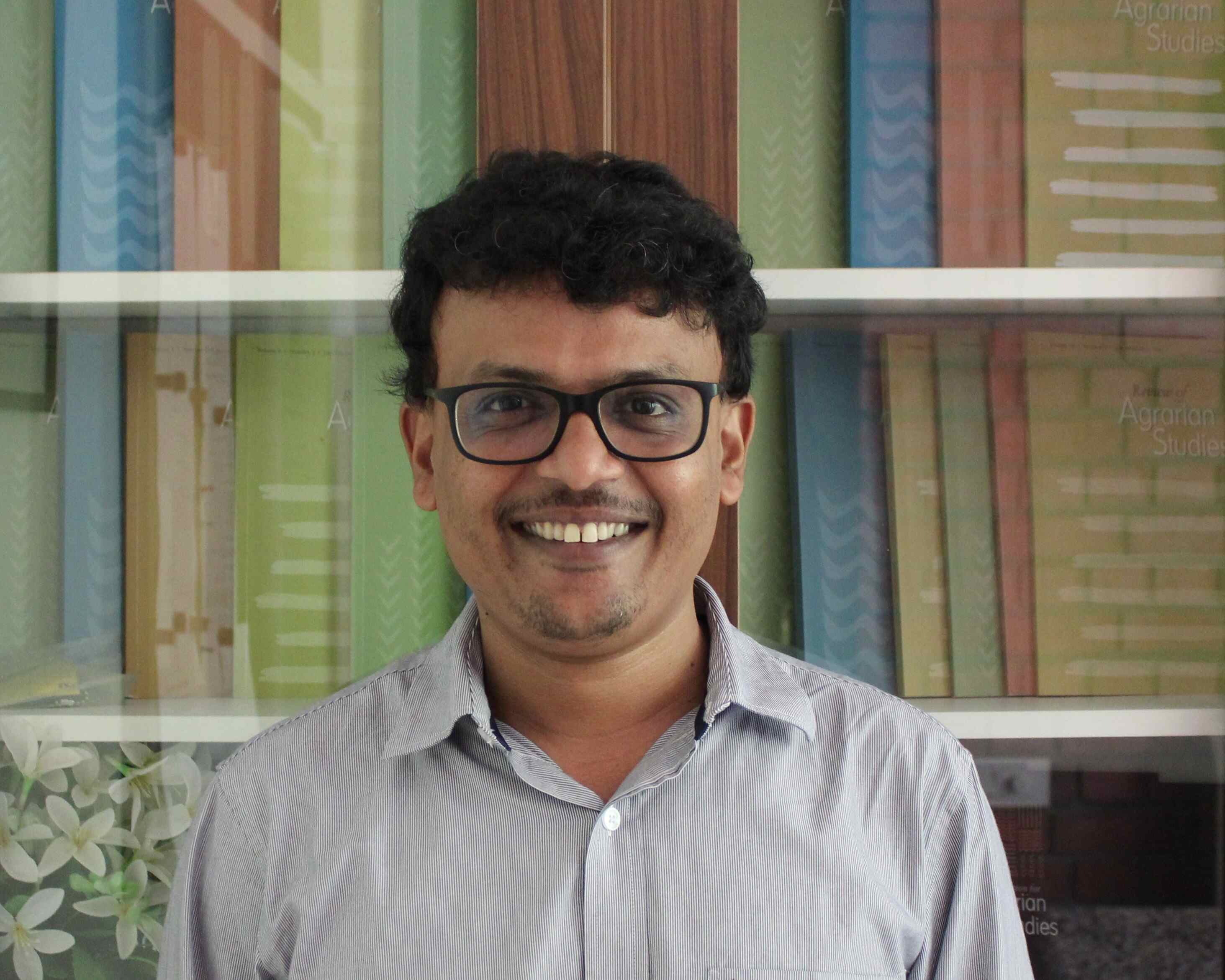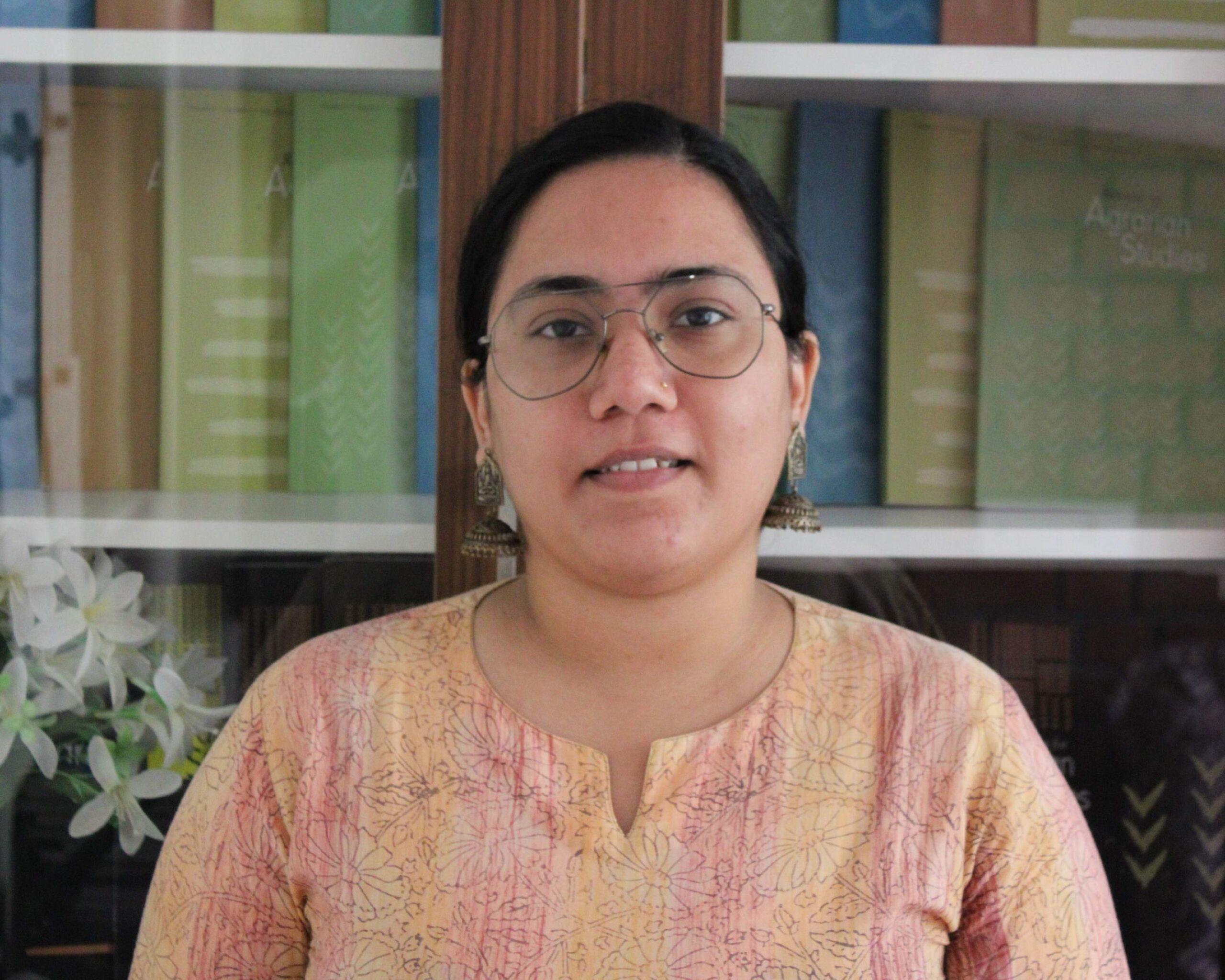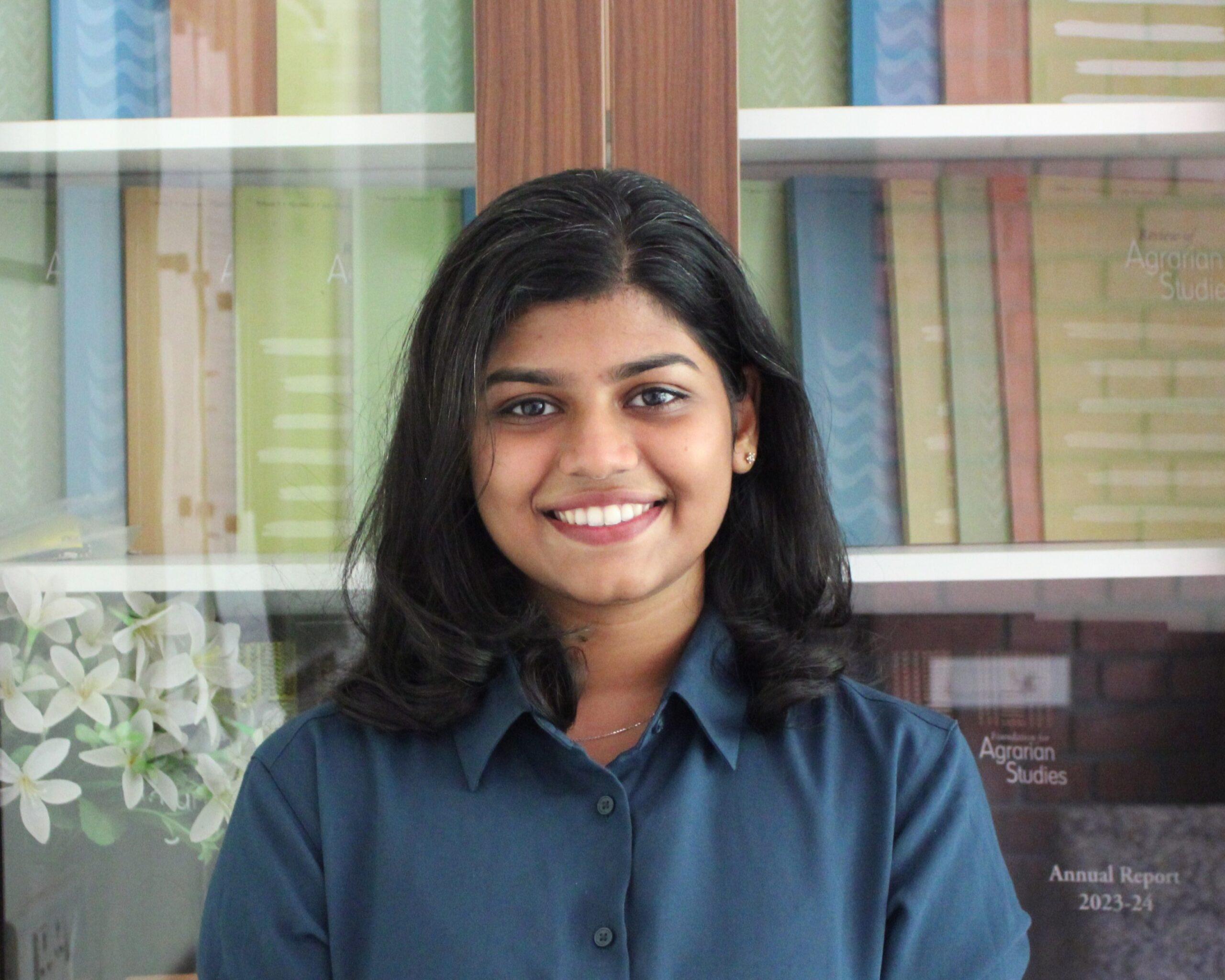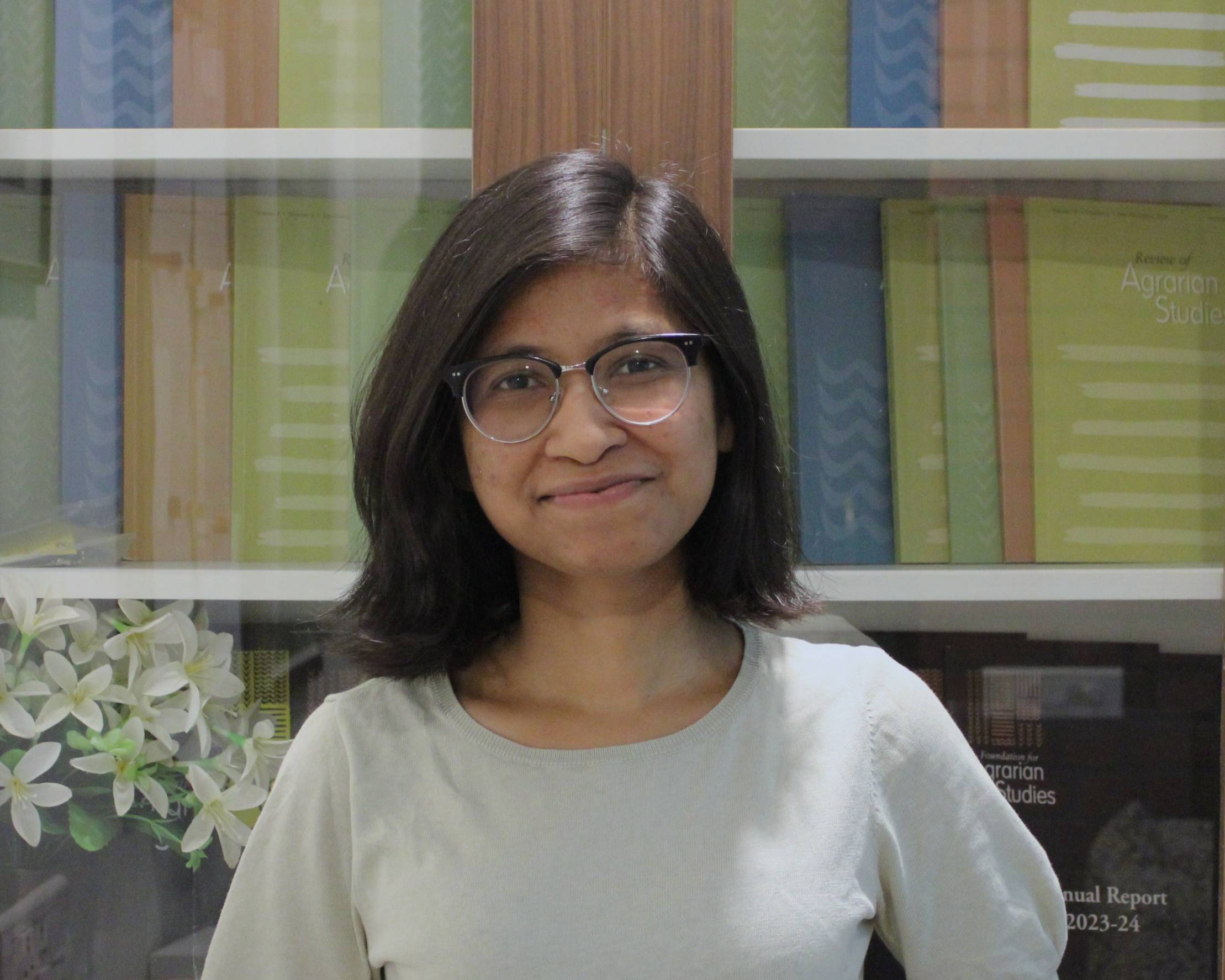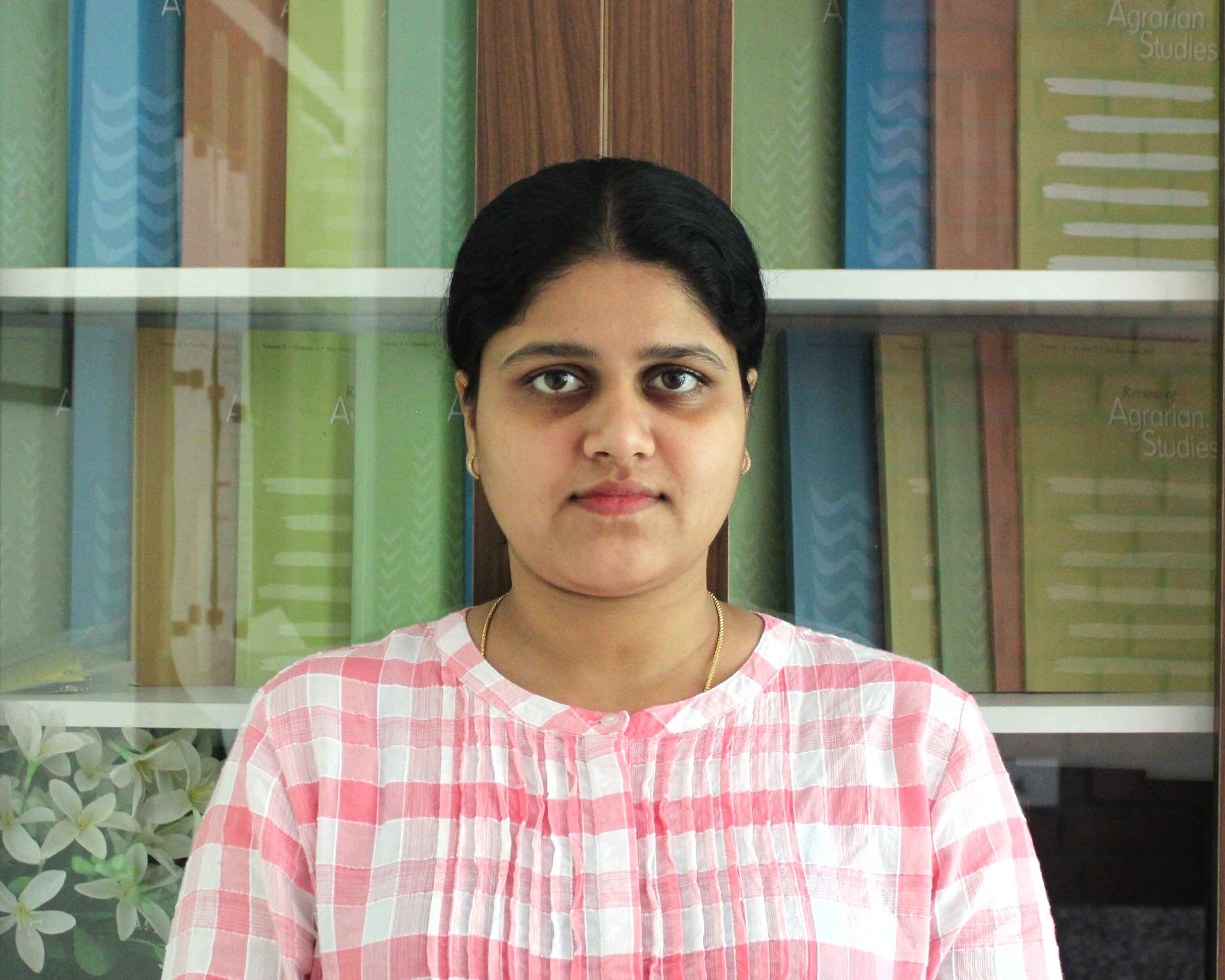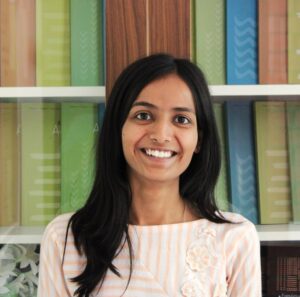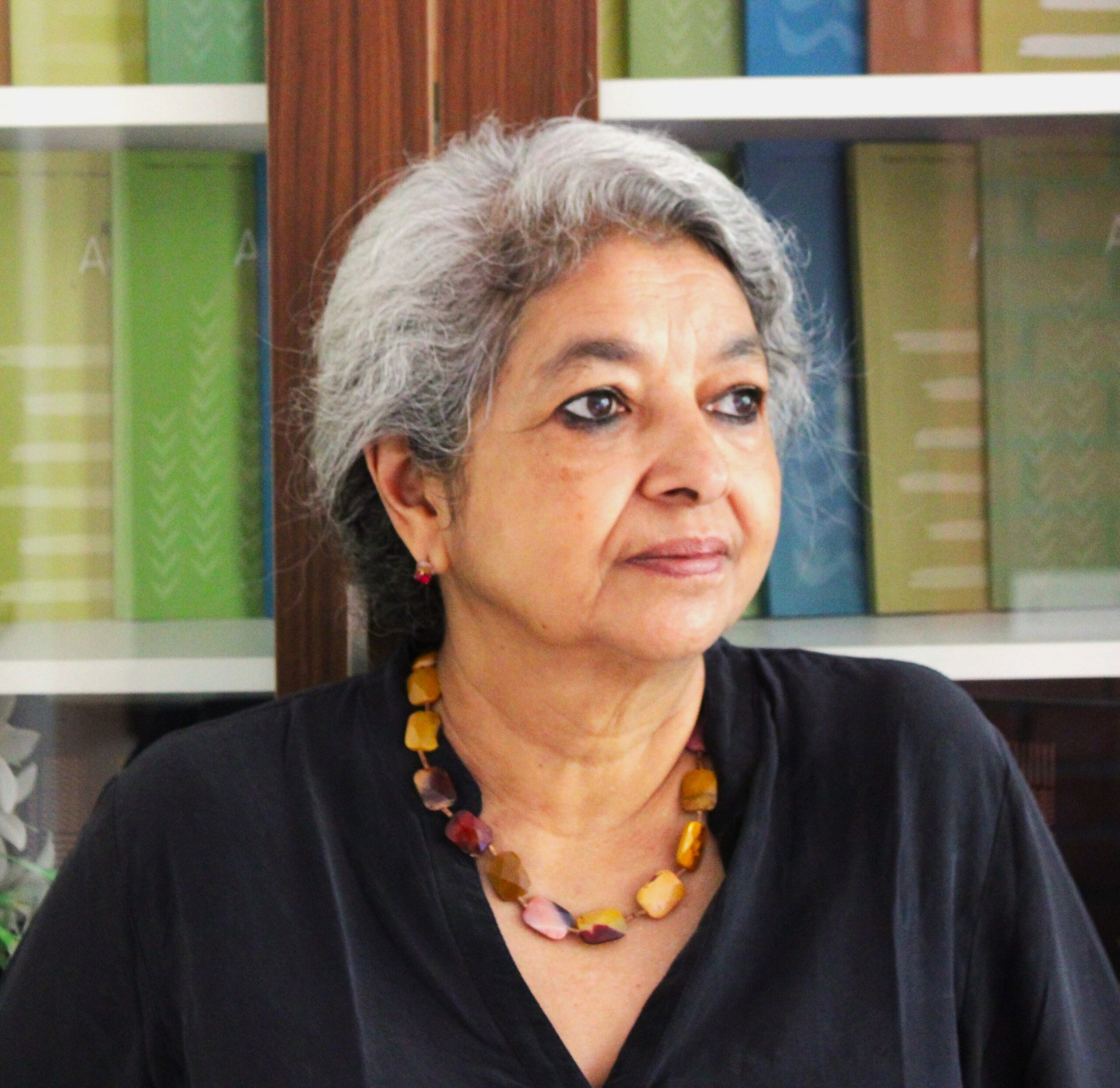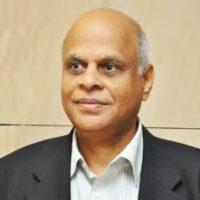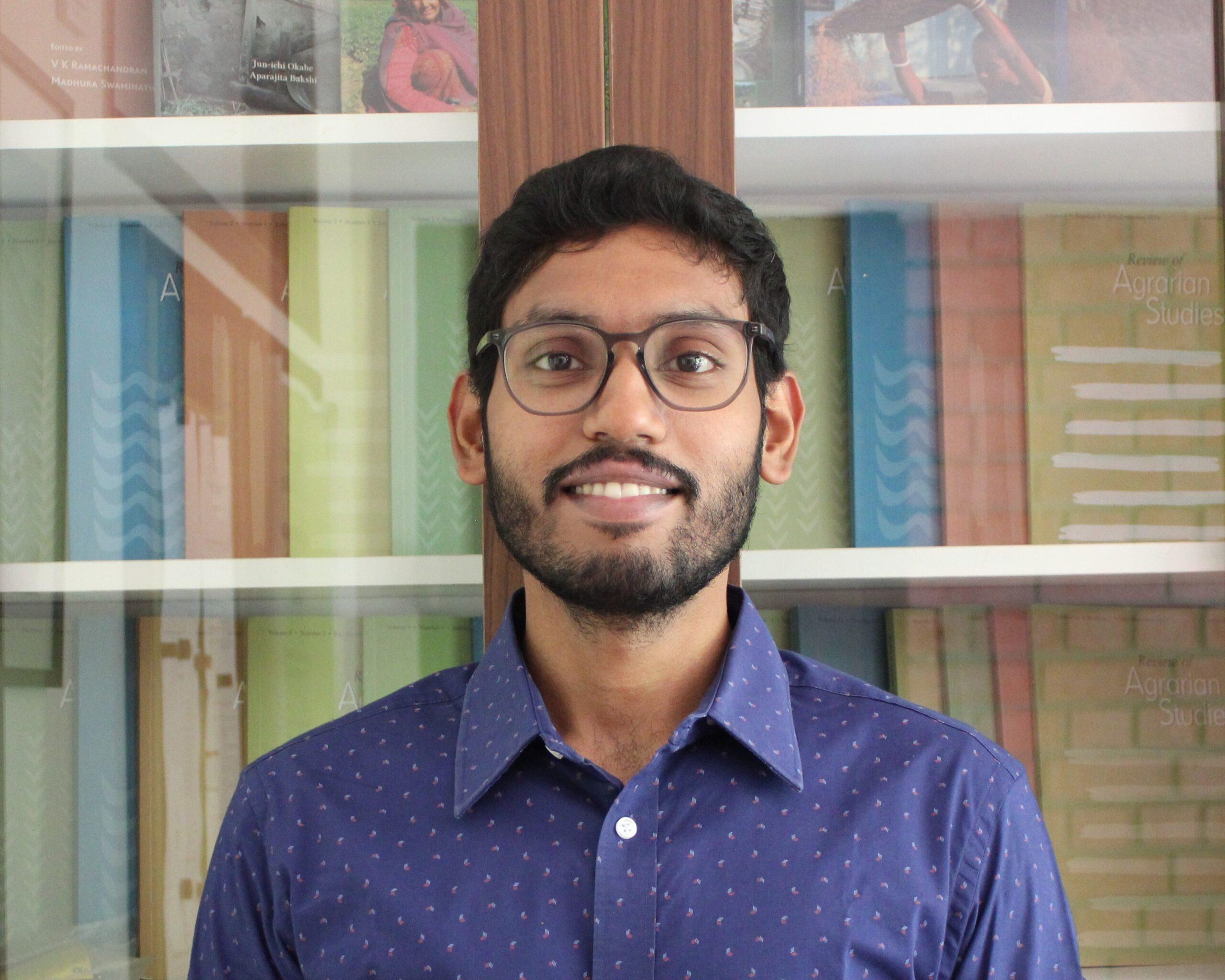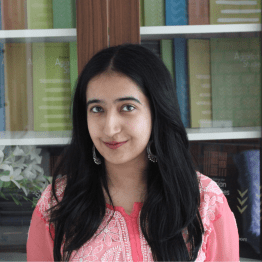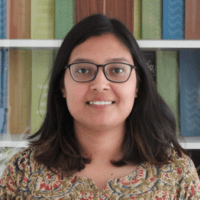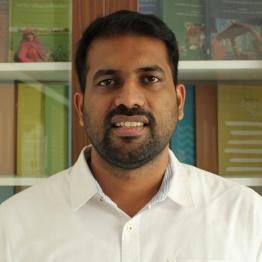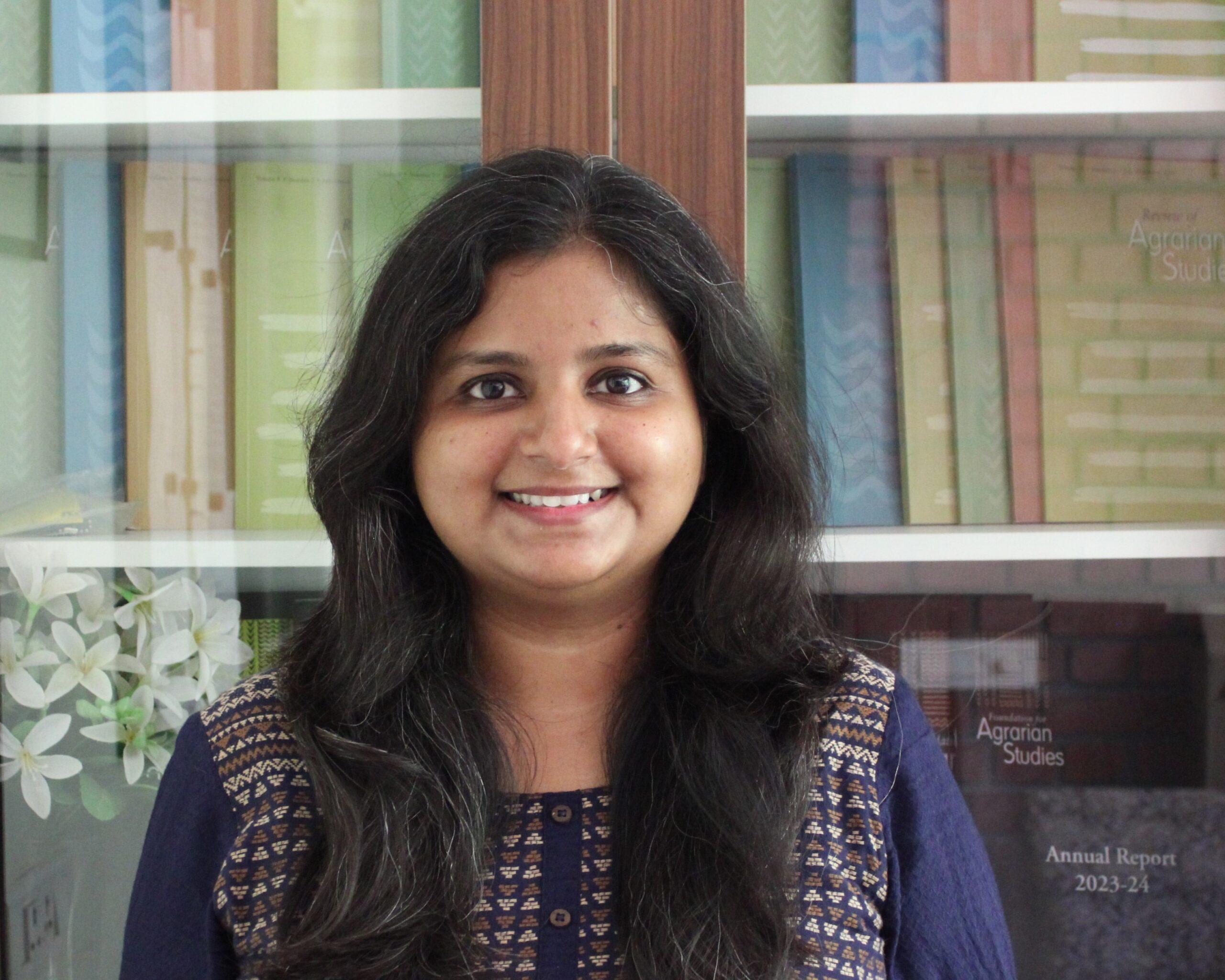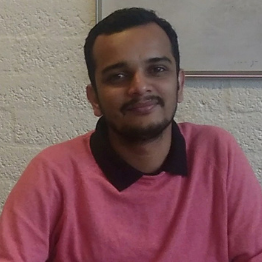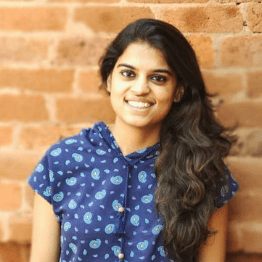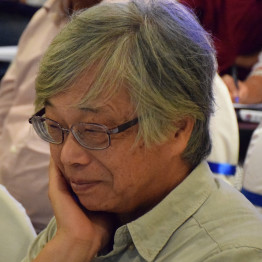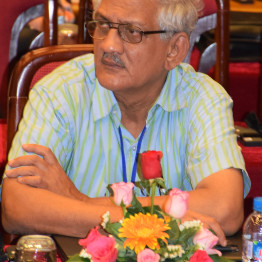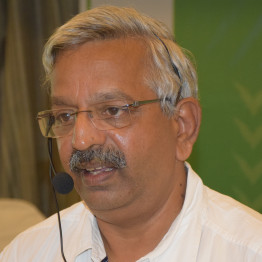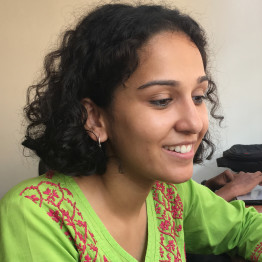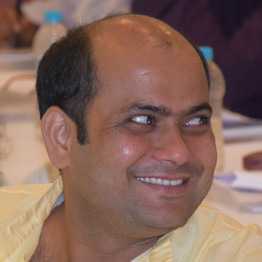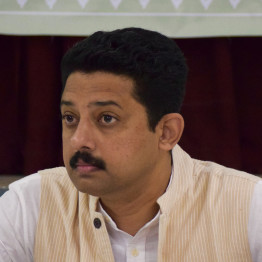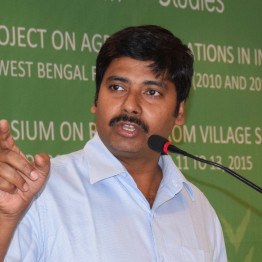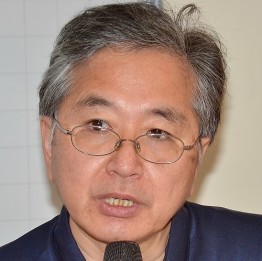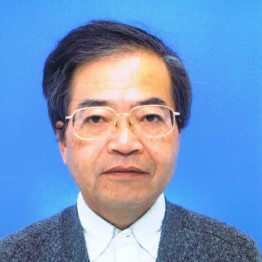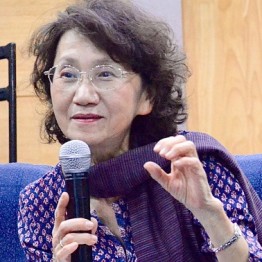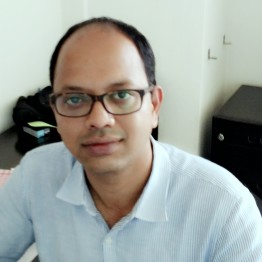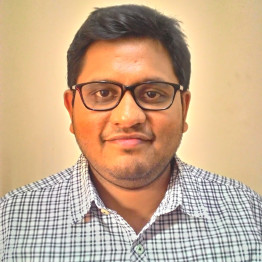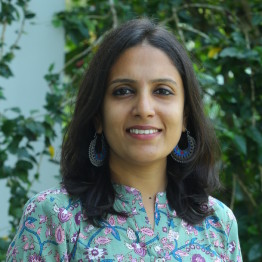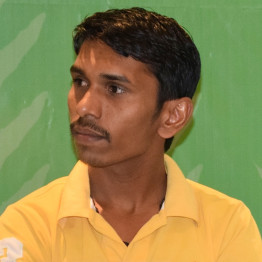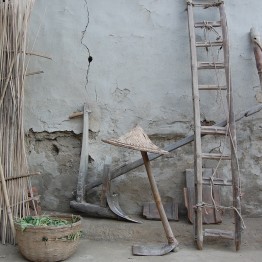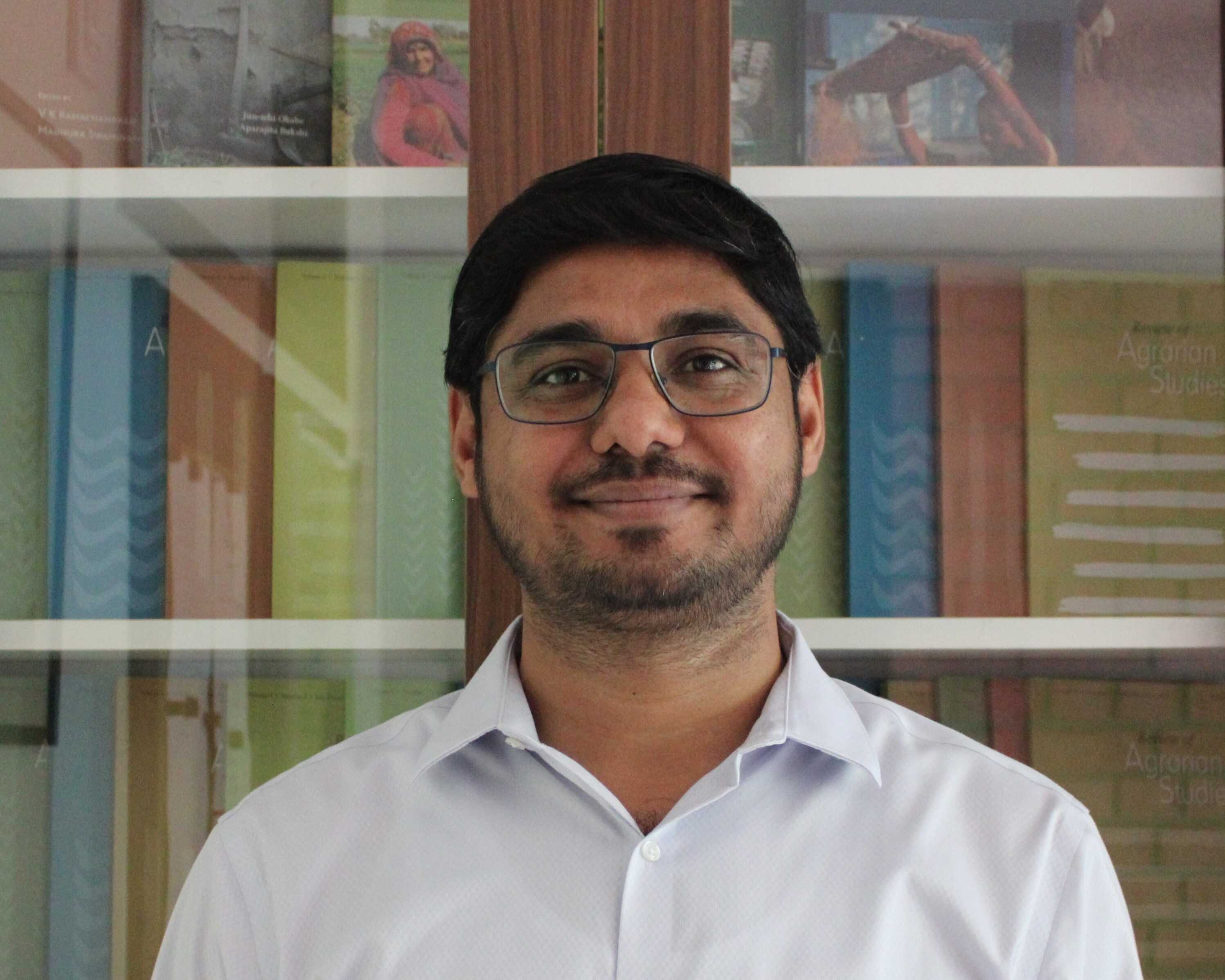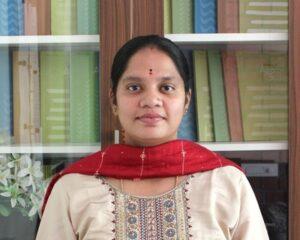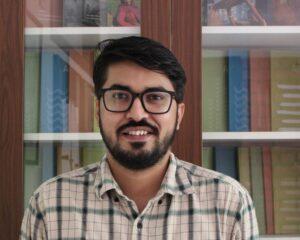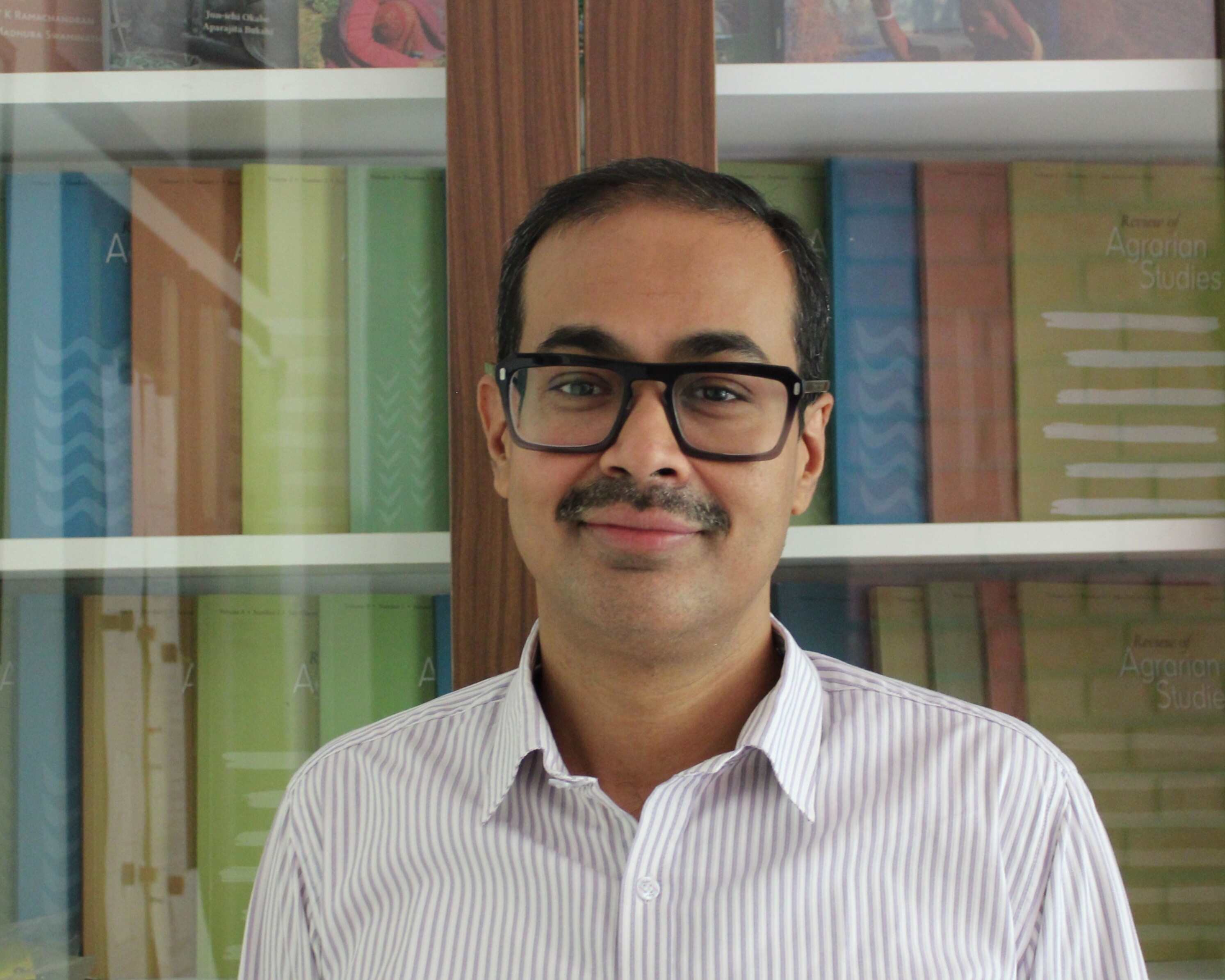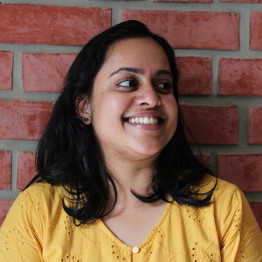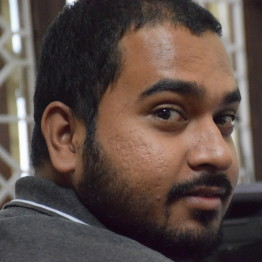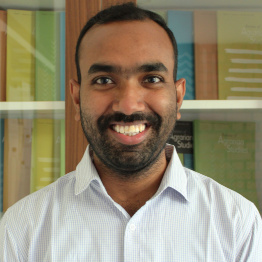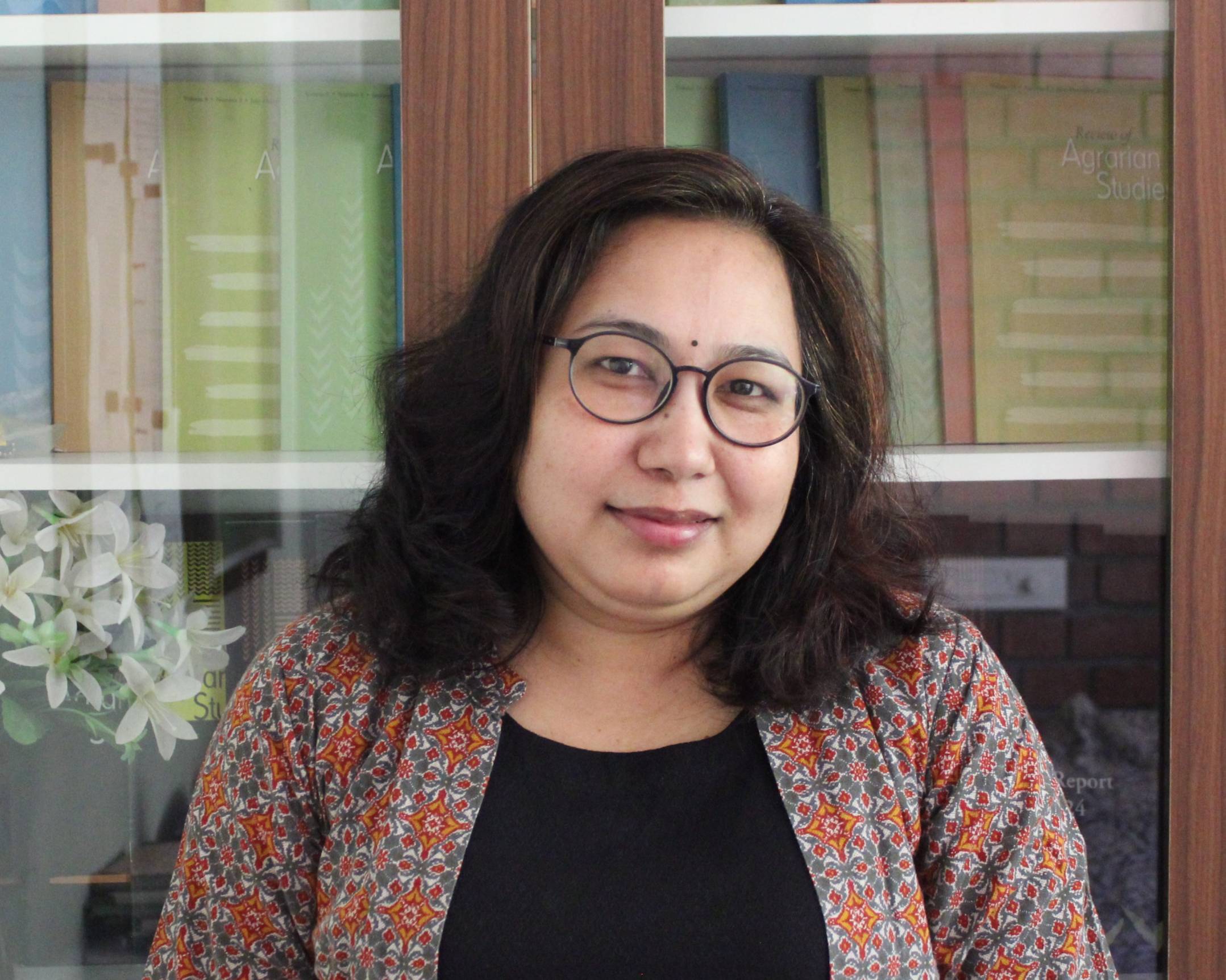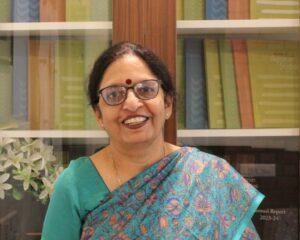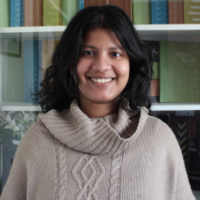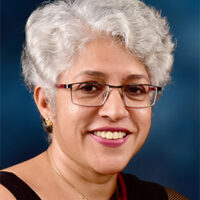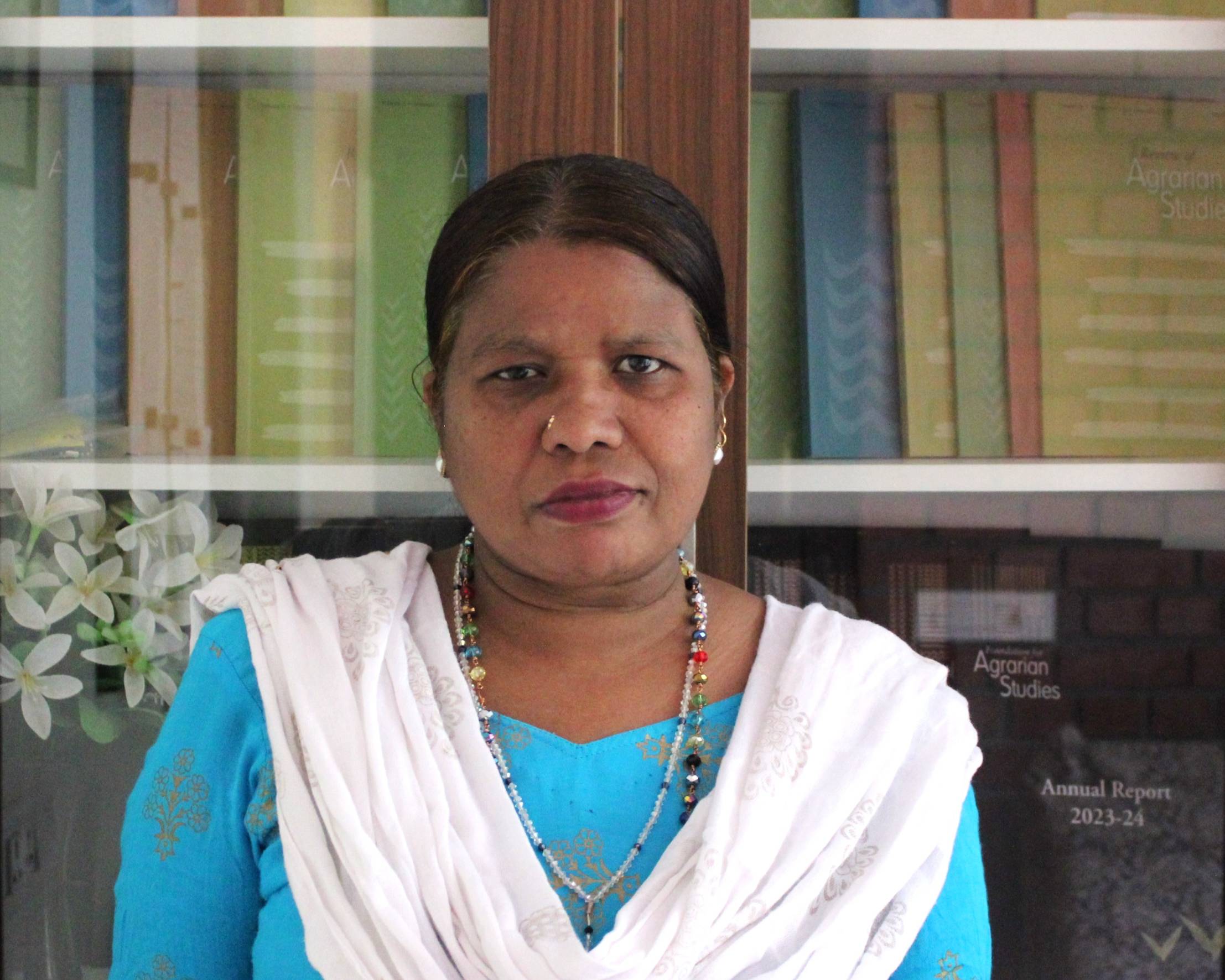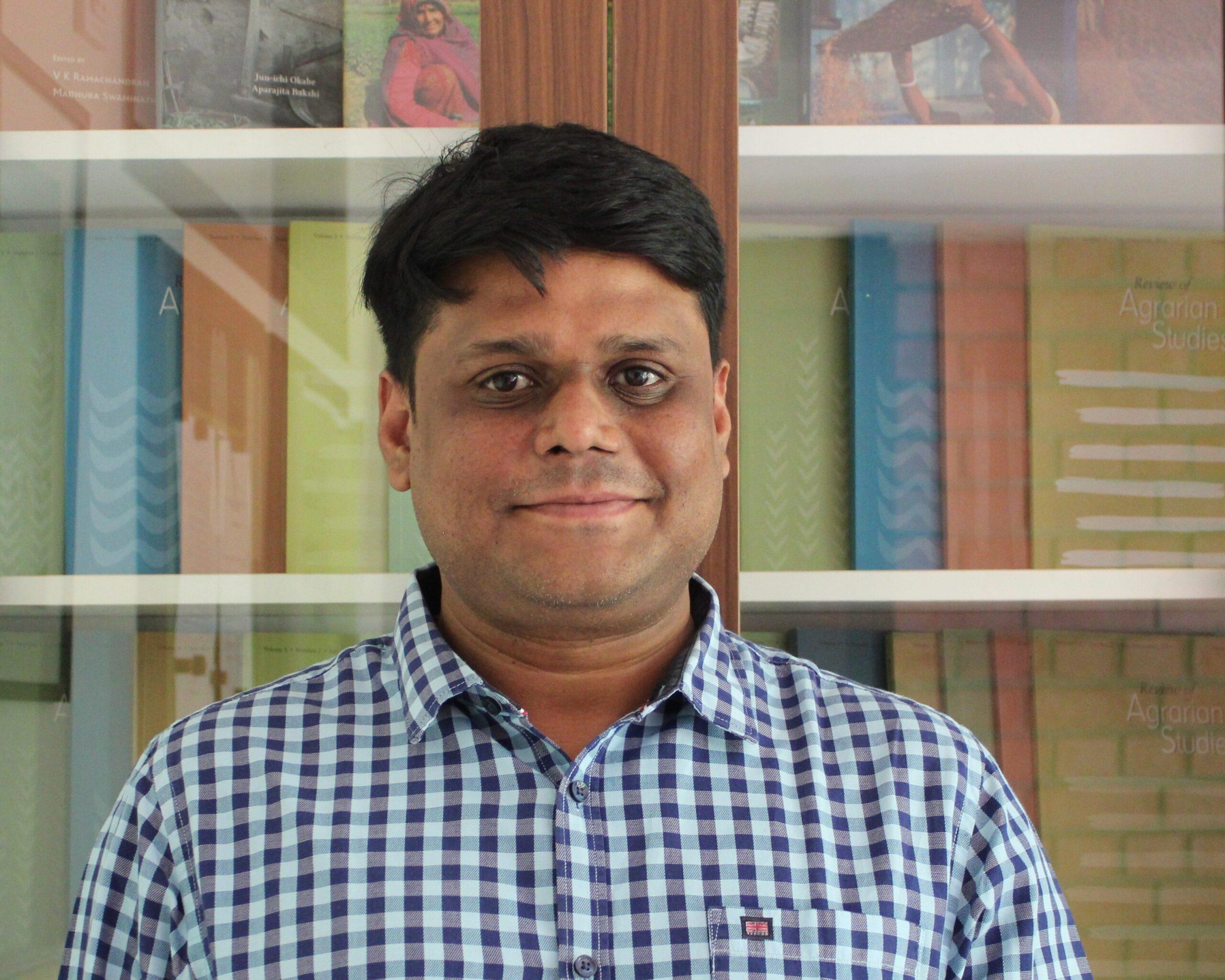S. Ramachandran Pillai, Vice President, All-India Kisan Sabha

I am indeed honoured to have this opportunity to make an intervention on the occasion of the public lecture by Dr M. S. Swaminathan. The people of India are grateful to the contributions of Dr Swaminathan in introducing scientific advancements in Indian agriculture, enabling it to increase production and productivity, and save the country and its people from an impending food crisis.
I am an activist of the All India Kisan Sabha, the oldest and the largest peasant organization in the country. The All India Kisan Sabha, since its inception in 1936 onwards, has consistently argued in favour of using advancements in science and technology to increase agricultural production and productivity.
The Manifesto of the All India Kisan Sabha adopted in August 1936 states the following: “To develop garden and intensive cultivation, to supply cheap and tested seeds and use of fertilizers, to popularize the latest methods of cultivation . . . ”
We knew that the abolition of landlordism and distribution of land among the peasantry alone would not solve the problems of peasantry and agriculture. The use of science and technology is essential to increase productivity and production, and solve the problems of the peasantry.
Consistent with this understanding, the “Alternative Agricultural Policy” document of the Kisan Sabha adopted in 2003 states the following:
Agricultural research should be promoted by the state and adequate financial provision should be made for this. Stress should be given to develop safe, low-cost, labour-intensive, area-specific technologies and link up research efforts with the problems faced by peasants and agricultural labourers. Research should be conducted on a substantial scale at different regional centres for developing better seeds, testing the quality of the soil, suggesting measures for soil conservation and reclamation, examining the diseases affecting different crops, providing quality and safety of agricultural implements, avoiding wastage in agriculture, especially damage to crops resulting from pests, insects, rodents and also to protect agricultural workers from chemical poisoning. There should be proper testing of Genetically Modified (GM) seeds before permitting their propagation.
This demand was adopted when the government had reduced public investment in science and technology following the implementation of neo-liberal economic policies. When many other kisan organisations opposed the use of transgenic varieties in agriculture, the All India Kisan Sabha took up a firm position in favour of transgenic varieties and to make use of advances in science and technology. The All India Kisan Sabha holds the position that the use of transgenic varieties is necessary to improve the living conditions of the peasants, agricultural workers and also for the overall development of Indian economy. This is all the more necessary in the present context when agriculture is increasingly becoming unviable for the vast sections of the Indian peasantry, particularly the poor among them.
Biotechnology has now taken new strides with the development of gene editing or CRISPR technology. Two years ago, at an international conference in Chennai, Professor Swaminathan was perhaps one of the first to underline the prospects of CRISPR technology in bringing new benefits and gains to Indian farmers.
One of the major demands of the All India Kisan Sabha, along with the demands for remunerative price for crops, loan waiver, cheap credit, etc., is to provide more allocations in the budget for science and technology — particularly biotechnology.
Now a major problem we face in India is the continuing attacks of the leaders of the present government at the Centre on science and technology and scientific temper. The Minister of State for Human Resources Development, Dr Satyapal Singh, proclaimed that Charles Darwin’s theory of evolution is “scientifically wrong” and should no longer be a part of school and college curriculum because “Nobody, including our ancestors, in written or oral, has said they saw an ape turning into a man”. This was not an isolated statement. Rajasthan Education Minister, Vasudev Devnani, declared that cows are the only animals that exhale oxygen and that cow dung can soak up radioactivity.
Biplab Kumar Deb, Chief Minister of Tripura, said at a regional workshop on computerisation that Internet and satellite communications existed in the days of the Mahabharata. Defending this claim, he asked “How else could Sanjaya (the charioteer of King Dhritarashtra in the Kurukshetra battle) give a detailed account and description to the blind king about the battle of Kurukshetra? It means Internet was there, the satellites and that technology was there in this country at that time.”
The Union Minister for Agriculture, Mr Radha Mohan Singh, said that apart from using scientific tools and biomass energy in agricultural sector, there is the need to employ the meditational technique and providing positive vibrations of peace, purity, love and care to soil, seed and plants through Raj-yoga meditation for improving farming and farmers’ life. (However, I also note that Shri Radha Mohan Singh has not objected to the use of scientific tools in agriculture.)
Over the past few years, we have also seen a similar attitude of unscientific temper among a section of the “scientific” community. At the 102nd Indian Science Congress in Mumbai in 2015, some Indian “scientists” spoke of inter-planetary “Jumbo Jets” with “Vedic Radars”.
Certain leaders in the government are making efforts to turn science into a forum for nationalist and religious grandstanding much as they have already done in the arts, history, and social sciences.
If the present attacks on science and scientific temper are allowed to continue, the future of India will be in great peril.
To save science and technology and scientific temper from these attacks, a broad movement of scientists, social scientists, social activists and common people is needed.
Our task is to harness the power of our working people, the people of the Scheduled Tribes and Scheduled Castes, women, and all progressive people to build a society that is free from hunger and deprivation.
I appeal to all assembled here to think about this and take appropriate steps.
Once again, I thank FAS for giving me this opportunity to speak.




